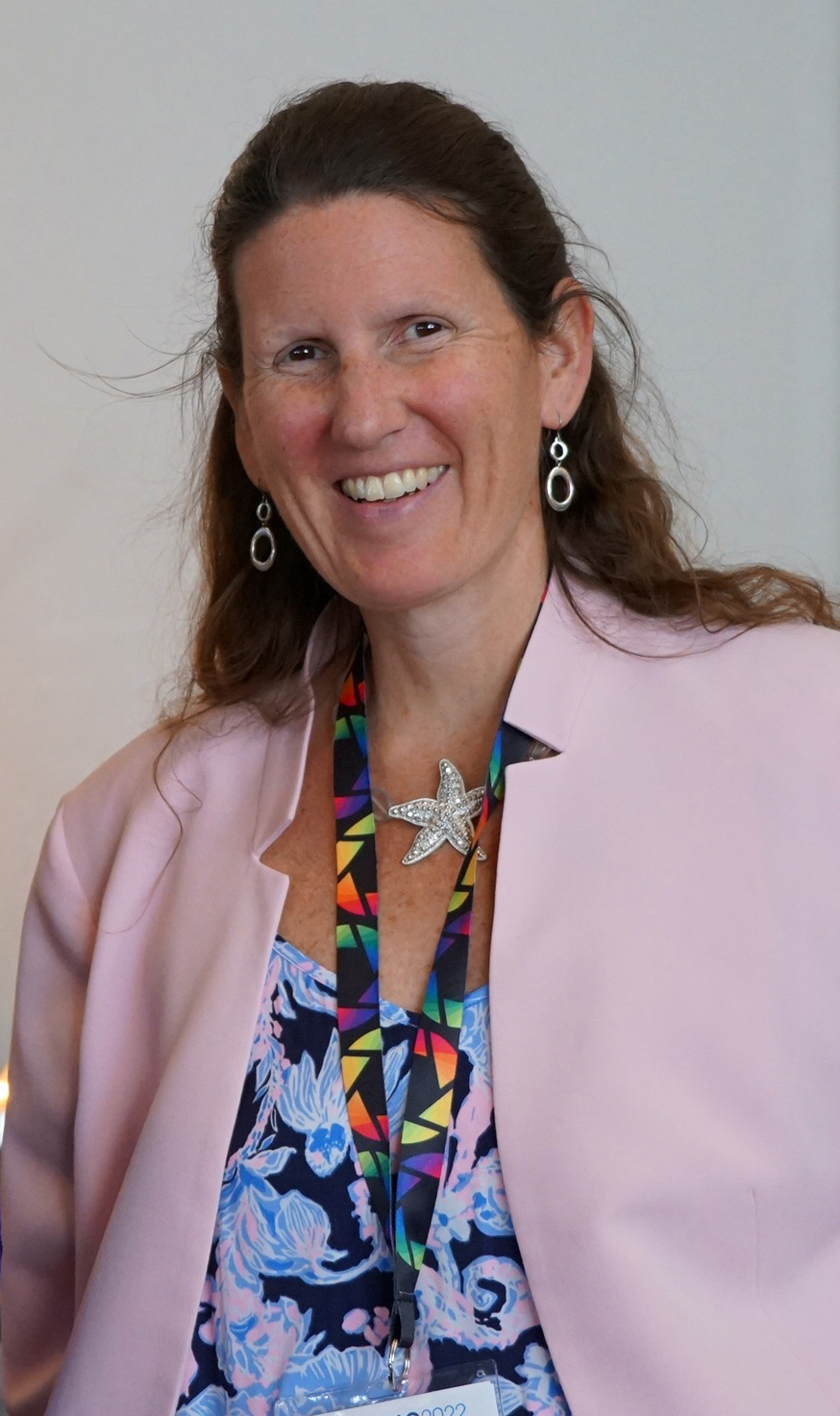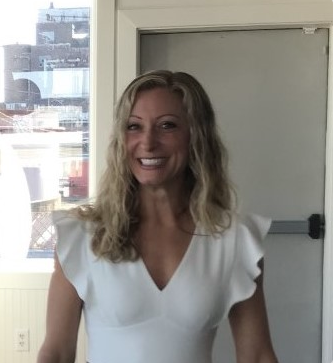
Filling the Gap: Foundations of the Supervisory Relationship
- Registration Closed

Dr. Katherine Bender
Associate Professor of Counselor Education and the Student Affairs Program Director
Bridgewater State University
Katherine Bender, PhD, is an Associate Professor of Counselor Education and the Student Affairs Program Director at Bridgewater State University. Since 2004, Kate has held many positions in a variety of higher education settings. Her professional areas of interest include suicide prevention, mental health in higher education, graduate student wellness, self-care in the helping professions. Dr. Bender has also presented on the topic of supervision at national, local, and regional conferences and coauthored a book chapter in the textbook Identity in Supervision: Understanding Who Works for You and Who You Work for in Higher Education.

Dr. Amanda Barudin-Carreiro
Director of Fieldwork for Counselor Education and Part-Time Faculty
Bridgewater State University
Amanda Barudin-Carreiro PhD., LMHC, holds a doctorate in exercise and health sciences and is a MA Licensed Mental Health Counselor. She is the administrator of fieldwork and Part Time Faculty member in the Department of Counselor Education at Bridgewater State University. Her past research includes informed consent, exercise and ADHD, the importance of assessment, and best practices for supervision and fieldwork. Dr. Barudin-Carreiro has also presented on the topic of supervision at national, local, and regional conferences and coauthored a book chapter in the textbook Identity in Supervision: Understanding Who Works for You and Who You Work for in Higher Education
Recognizing that SA professionals often have little formal training in supervision (Schuh & Carlisle, 1997; Shupp & Armino, 2012; Winston & Miller, 1999), the presenters offer an alternative to supervising based on how attendees may have been supervised. The presenters will deliver evidence-based supervision theories which will fill a gap in understanding the fundamentals of creating an effective supervisory relationship. Based on the presenters’ experience with supervising graduate students and professionals and working with student affairs internship site supervisors, attendees will gain techniques to use in building a successful supervisory relationship.
Learning Outcomes:
1. Participants will assess the efficacy of past and current levels of supervision (given or received) at their institutions
2. Attendees will increase their knowledge on best practices in supervision in various student affairs functional areas
3. Attendees will choose a model/theory of supervision that will best suit their needs to provide supervision across the career lifespan
4. Attendees will be equipped to implement strategies discussed to improve their approach to supervision
